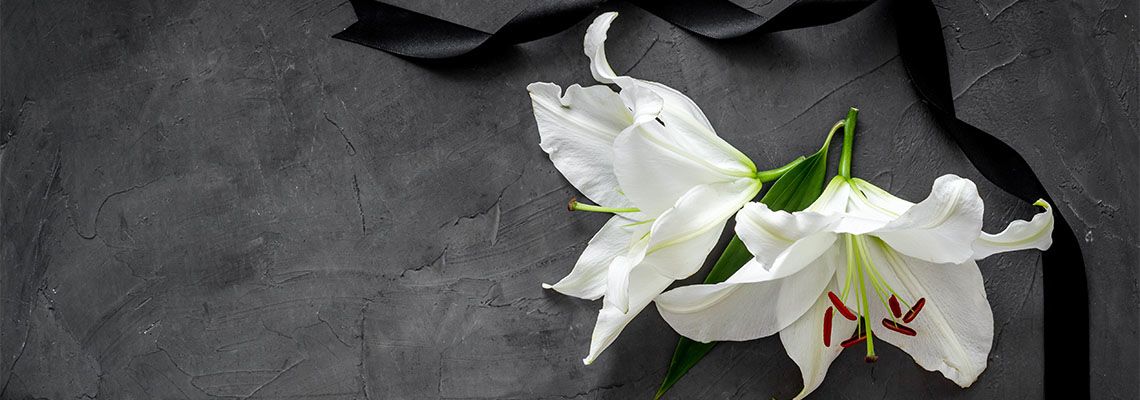
Disposition of Remains Options and Pre-Paying for Burial Sites
Many individuals find it difficult to plan for their death. Despite the discomfort, making adequate plans regarding your burial and funeral arrangements can save your surviving loved ones a lot of stress when you're gone. The “disposition of remains” is an essential aspect of estate planning that allows you to provide detailed instructions about your preferred final arrangements and what should happen to your remains.
At Moses Estate Planning, PLLC, we are highly experienced and knowledgeable about having tough conversations about estate planning, death, and final arrangements with individuals and families. Our seasoned estate planning attorney can enlighten you about your available options concerning the disposition of remains and help you decide whether you should prepay for burial sites. We're proud to serve clients across Coeur d'Alene, Idaho, and Los Angeles, California, as well as throughout Kootenai County.
What Is the Disposition of Remains?
The disposition of remains can be described as a written document that permits a person to indicate their preferences and wishes for final arrangements. Using the disposition of remains, you can indicate what should happen to your body after your death and your favored funeral and burial arrangements. Also, you may name a person to carry out your final wishes.
What Are the Options?
The available options for the disposition of remains are as follows:
Burial
Burial involves placing the deceased person's body into the ground. There are two types of burial: in-ground and above-ground.
In-Ground: In-ground, also referred to as an earth burial, involves placing the deceased person's body in the ground. In earth burials, a casket will be used to inter the dead body.
Above-Ground: Above-ground burials, also known as entombment, involve placing the deceased person's body inside a niche within a burial structure. Common examples of burial structures used in entombment include crypts, mausoleums, and tombs.
Cremation
In cremation, intense heat will be applied to the deceased person's body in a cremation chamber to reduce the dead body to bone fragments and essential elements. There are various types of cremation, including:
direct cremation
natural gas (green/environmentally friendly)
alkaline hydrolysis (liquid)
Essentially, it may take up to three hours to cremate the decedent's body. You can store the ashes in a crypt, niche, grave, or container at home. Also, you can scatter the ashes on private or public property or a large body of water, depending on the regulations and rules in your county or city.
Whole-Body Donation
You may decide to donate your entire body – after your demise – for anatomical study, medical research, or law enforcement training. In whole-body donation, the receiving agency will make adequate provisions for transporting, embalming, and the final disposition of the remains.
Organ Donation
Lastly, organ donation involves donating healthy organs and tissues from the decedent's body to give another person a chance at life. Some common body organs that are donated include lungs, kidneys, hearts, intestines, livers, eyes, and other body tissues. Any of these healthy organs can be transplanted into another person who needs them.
An experienced attorney can enlighten you about the benefits and financial ramifications of each disposition of remains option and help you make intelligent decisions.
Prepaying for Final Arrangements
Prepaying can be described as the process of paying in advance for your final arrangements and the site where you'll be buried. Before preparing for a burial site, here are some important risks to put in mind:
If you relocate, cancel, or change the plan later, the burial home may not issue a full refund.
The seller may withdraw part or all of the interests gained on your account.
You may need the money for an emergency situation later.
The insurance provider may not pay full benefits to survivors.
Your surviving loved one may not know that you have paid for your funeral plans in advance.
The funeral home might have closed down or have a poor reputation when you die.
Getting a refund may be difficult if your family opts for another funeral home.
As an alternative to preparing for your funeral arrangement and burial site, you can plan ahead by setting up a regulated trust plan, an insurance plan, or a payable-on-death account. With these options, you may be able to prepare and prearrange without prepaying. A skilled lawyer can enlighten you about the benefits and downsides of each option and help you decide the right one for your unique needs.
How a Reliable Estate Planning Attorney Can Help
Establishing a comprehensive estate plan and providing detailed final arrangements can save your surviving family members lots of stress after you die. At Moses Estate Planning, PLLC, we're committed to advising individuals and families in complex estate planning matters involving the disposition of remains and prepayment for burial arrangements.
As your legal counsel, we can help you understand the different disposition of remains options that are available to you, their benefits and limitations, and explore your possible options to prearrange for your funeral plans. In addition, our attorneys will help draft your disposition of remains and other vital estate planning documents and work intelligently to address your various needs and concerns.
Contact us today at Moses Estate Planning, PLLC today to schedule an initial consultation. Our dependable team can offer you the personalized legal counsel and reliable advocacy you need to make informed decisions when drafting your estate plan. We're proud to serve clients across Coeur d'Alene, Idaho, and Los Angeles, California, as well as throughout Kootenai County.

